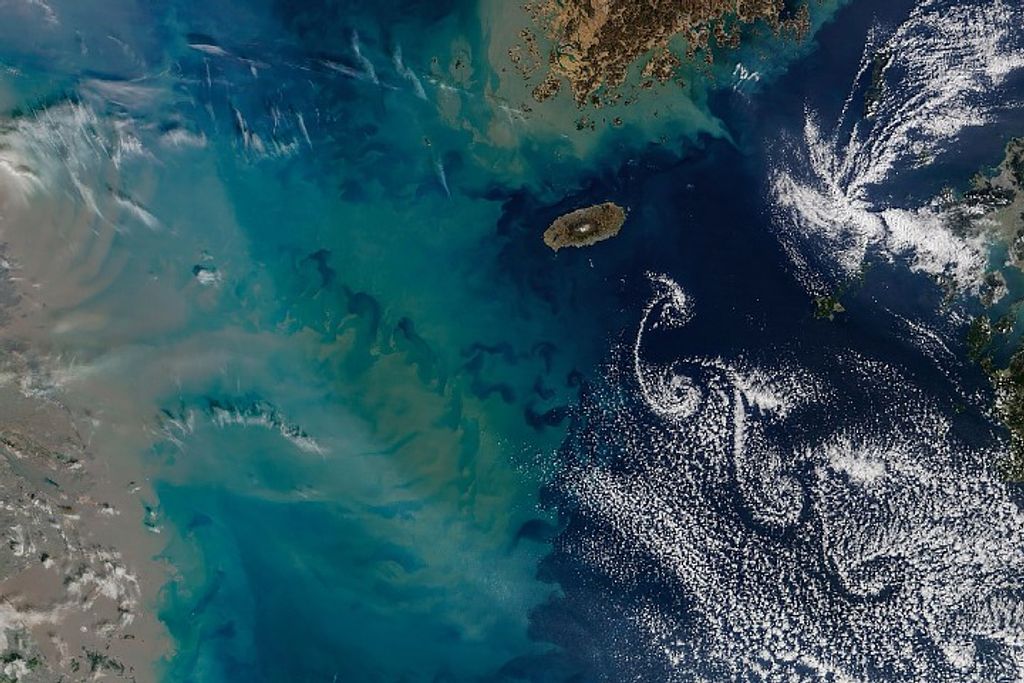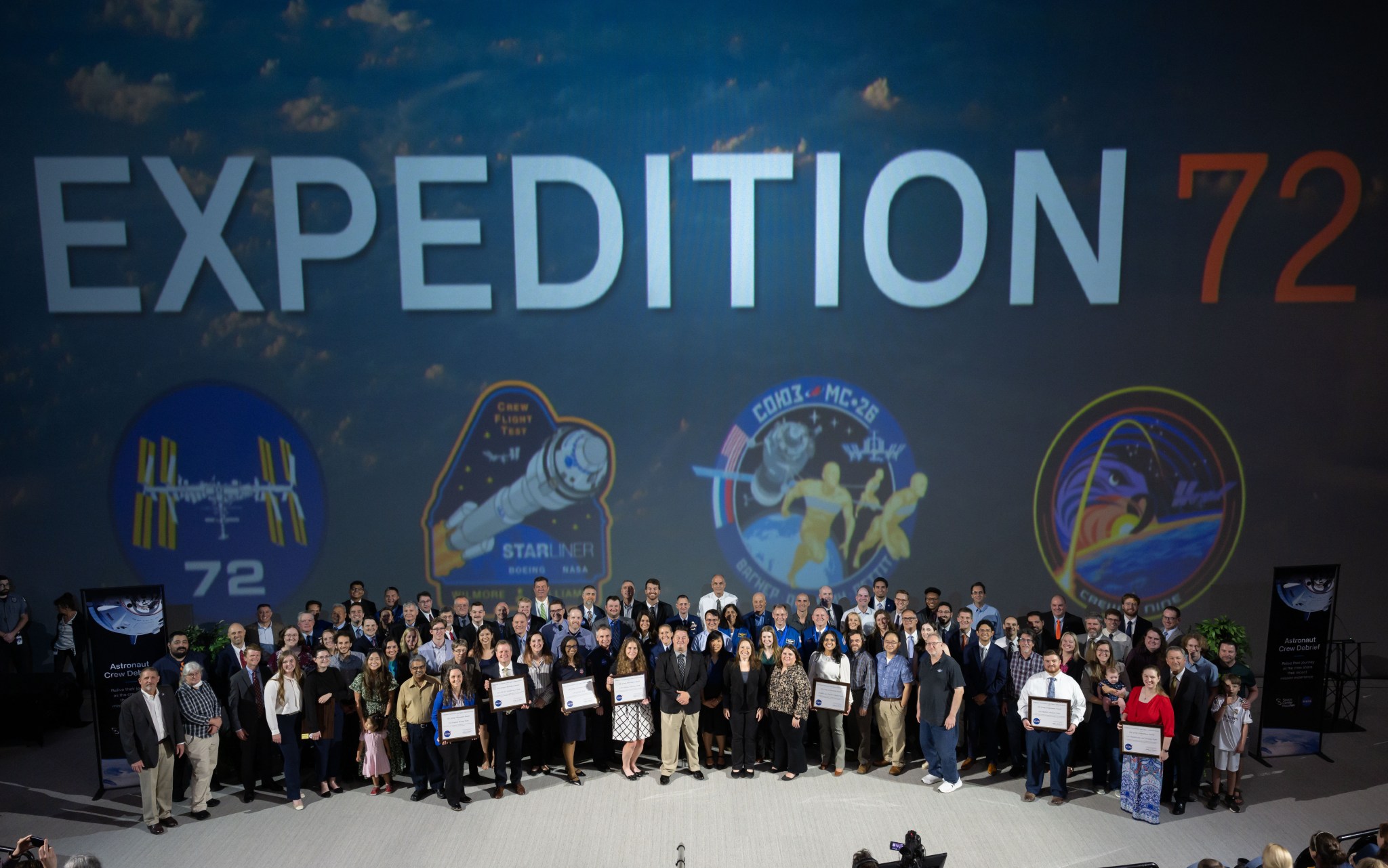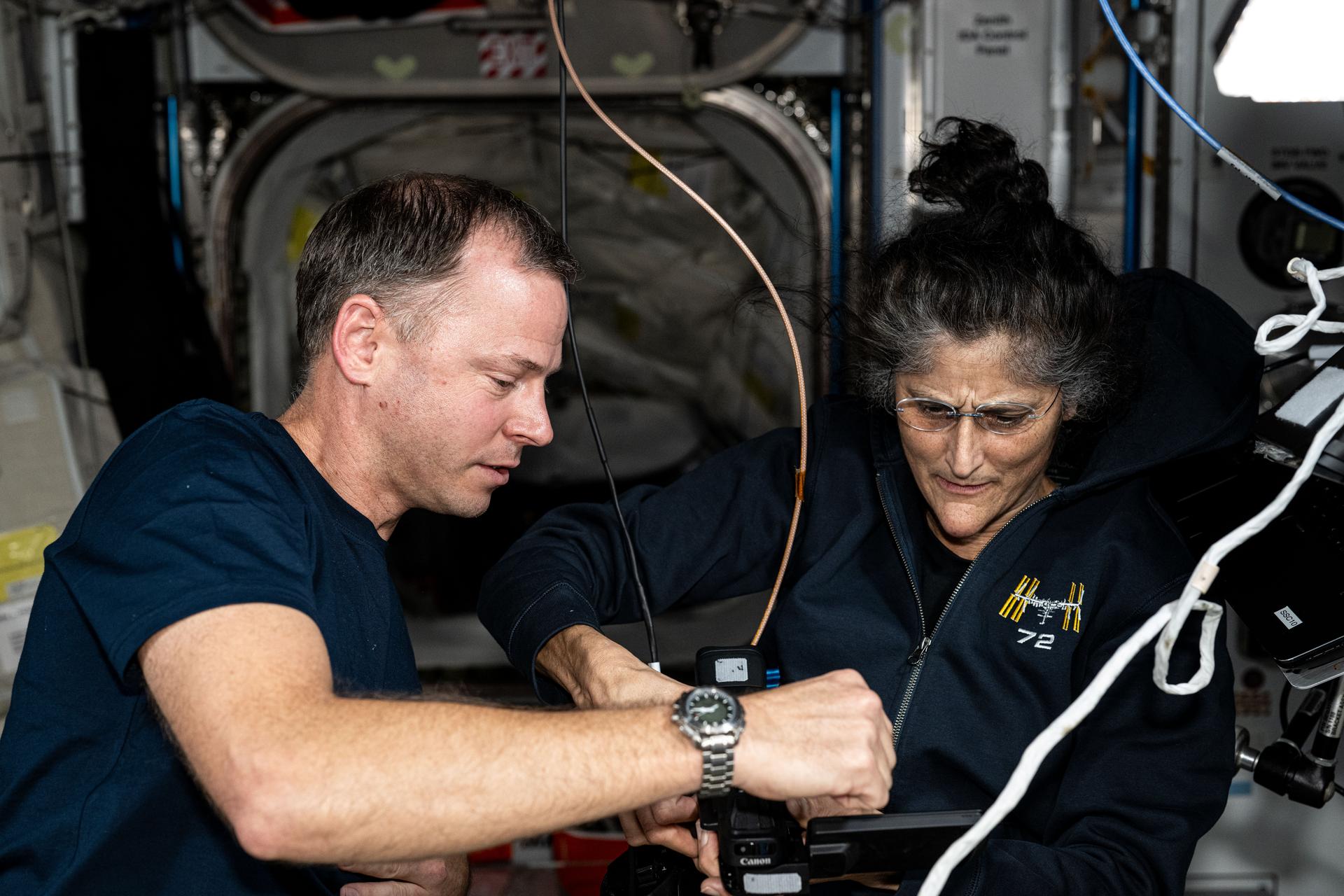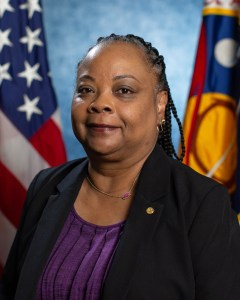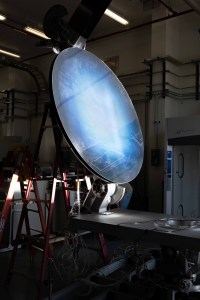On May 22, 2025, NASA hosted an Expedition 72 crew debrief and awards ceremony at Space Center Houston, where more than 1,000 attendees gathered to celebrate. The event recognized the achievements of the crew as well as NASA employees and partners whose dedication and support contributed to the expedition’s success. Crew members from Expedition 72 shared reflections and anecdotes from their time on the International Space Station and expressed gratitude for the opportunity to contribute to scientific research aboard the orbiting laboratory.
The event included four NASA astronauts:
- Nick Hague, Crew-9 commander and Expedition 72 flight engineer
- Butch Wilmore, Boeing Starliner commander and Expedition 72 flight engineer
- Suni Williams, Boeing Starliner pilot and Expedition 72 commander
- Don Pettit, Soyuz MS-26 and Expedition 72 flight engineer
The Expedition 72 crew also included Roscosmos cosmonauts Aleksandr Gorbunov, Aleksey Ovchinin, and Ivan Vagner, who were not in attendance. The cosmonauts served as Crew-9 mission specialist, Soyuz-MS commander, and Soyuz-MS flight engineer, respectively.
NASA astronaut Matt Dominick kicked off the event by striking the ceremonial bell, a tradition symbolizing the end of the mission for the crew and those that support them.
Johnson Space Center Acting Director Stephen Koerner recognized the crew’s commitment to the mission and their role in the advancement of human spaceflight. “These brave men and women make the tough yet rewarding choice to embark on long-duration missions away from their family and friends,” he said. “They do this to conduct groundbreaking research and inspire generations. Spaceflight is hard, but through togetherness we make giant leaps, going further than ever before.”
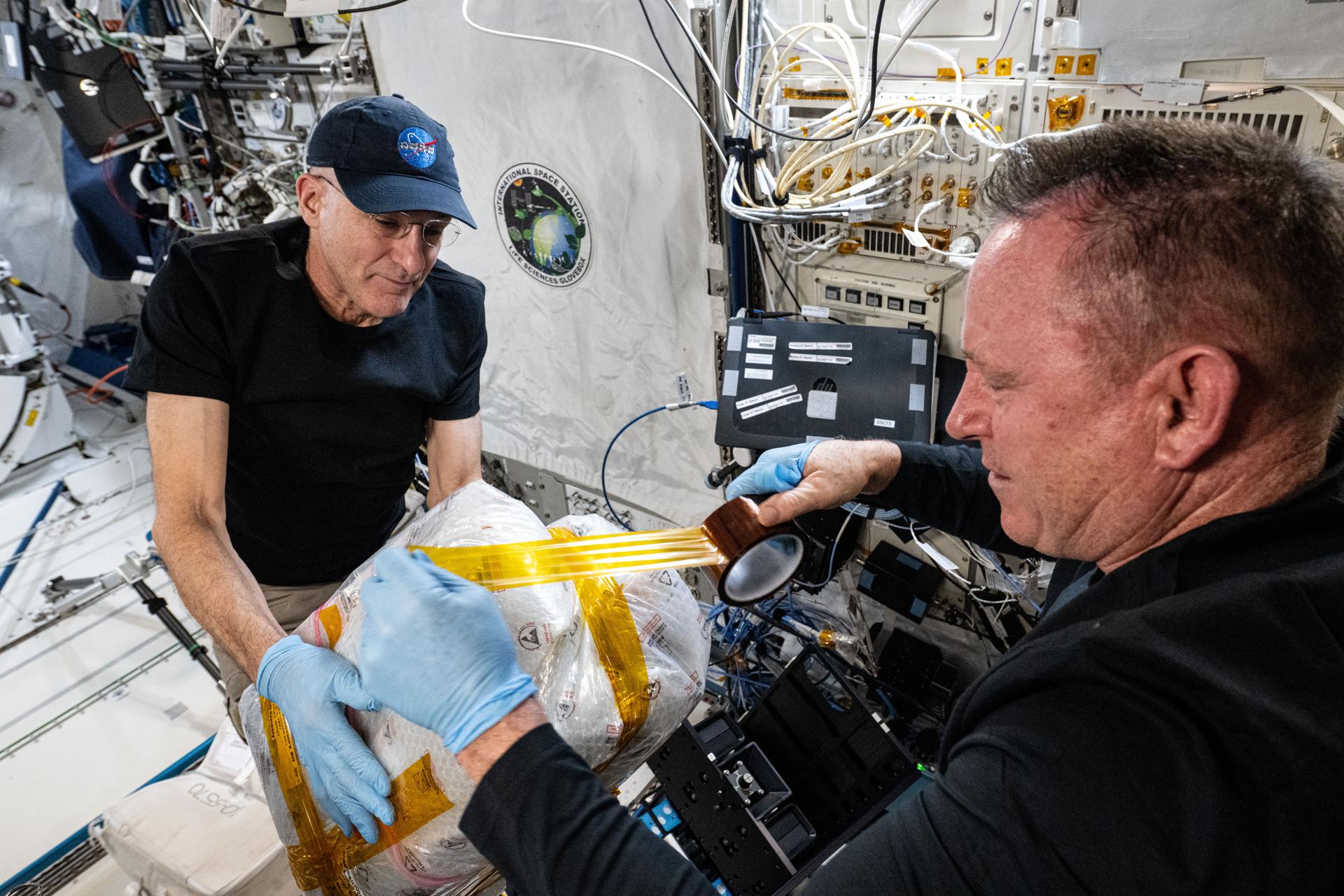
The Expedition 72 crew dedicated more than 1,000 combined hours to scientific research and technology demonstrations aboard the International Space Station. Their work included enhancing metal 3D printing capabilities in orbit, exploring the potential of stem cell technology for treating diseases, preparing the first wooden satellite for deployment, and collecting samples from the station’s exterior to examine whether microorganisms can survive in the harsh environment of space. They also conducted studies on plant growth and quality, investigated how fire behaves in microgravity, and advanced life support systems, all aimed at improving the health, safety, and sustainability of future space missions.
Pettit also used his spare time and surroundings aboard the station to conduct unique experiments and captivate the public with his photography. Expedition 72 captured a record 1 million photos during the mission, showcasing the unique research and views aboard the orbiting laboratory through astronauts’ eyes.
The expedition was a historic venture, with Williams and Wilmore launching aboard Boeing’s Starliner spacecraft as part of NASA’s Boeing Crew Flight Test before being integrated with the Expedition 71/72 crew and returning on NASA’s SpaceX Crew-9. While working aboard the orbiting laboratory, Williams established a new record for the most cumulative spacewalking time by a woman — 62 hours and 6 minutes — placing her fourth among the most experienced spacewalkers in history. Additionally, Expedition 72 saw the first reboost of the International Space Station by a Dragon spacecraft.
The crew participated in a panel discussion, sharing further details about the expedition including experiments conducted, favorite foods, and experiencing the Aurora Borealis. The conversation closed with a special patch presentation from Wilmore to Williams to highlight her achievement of exceeding Mach 25 in the Boeing Starliner spacecraft.
Following the panel, an award ceremony recognized team members for their efforts in supporting the mission, with recipients including the crew, NASA employees, and commercial partners.
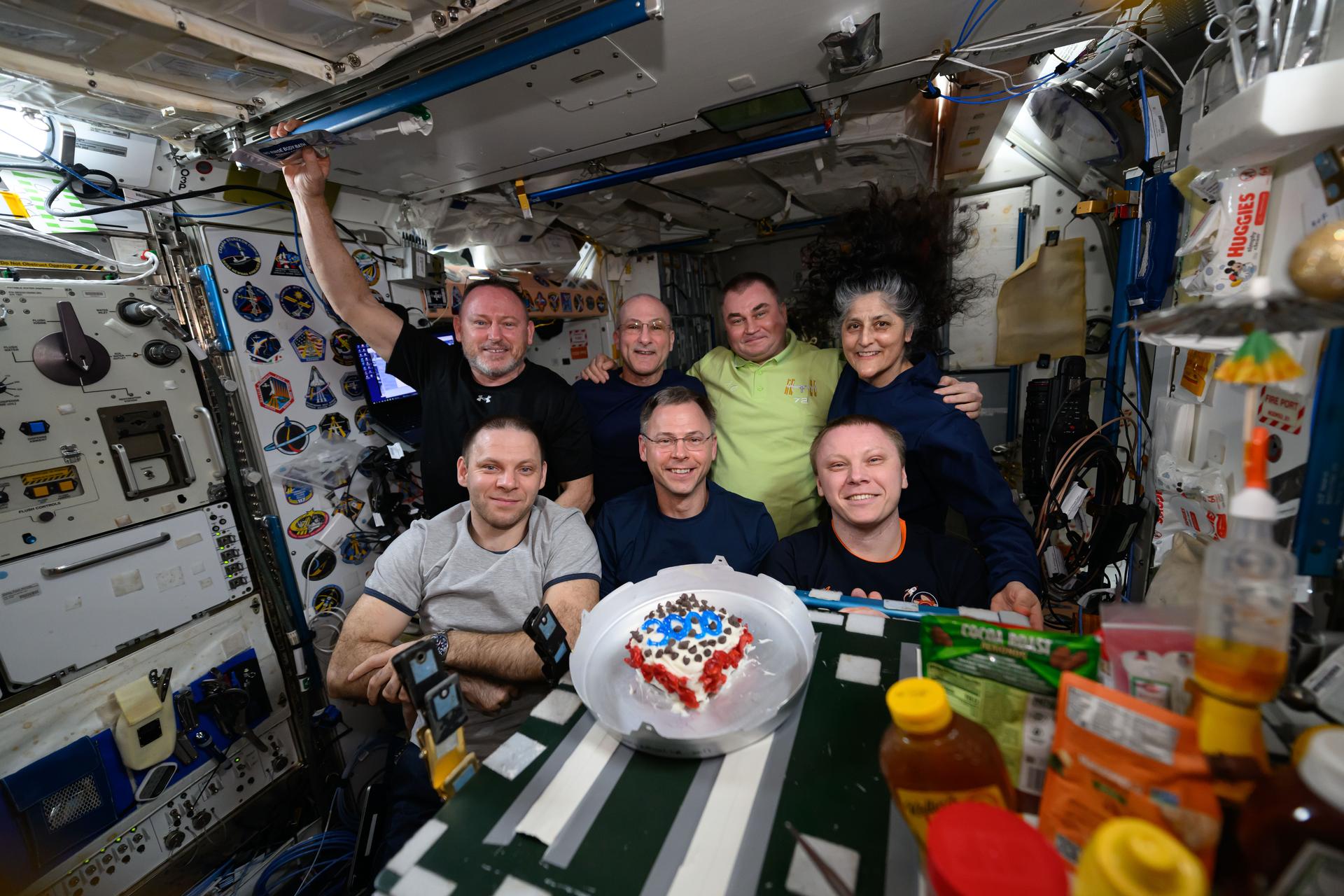
Flight Operations Directorate Acting Director Kjell Lindgren discussed the impact of collaboration with commercial and international partners. “Your collaboration is vital not just to mission success but to the very identity of this program,” he said. “Together, we can demonstrate what global collaboration can achieve in pursuit of excellence and exploration.”
Watch below to recap the Expedition 72 crew members’ journey aboard the International Space Station and to celebrate those who helped make the mission a success.










